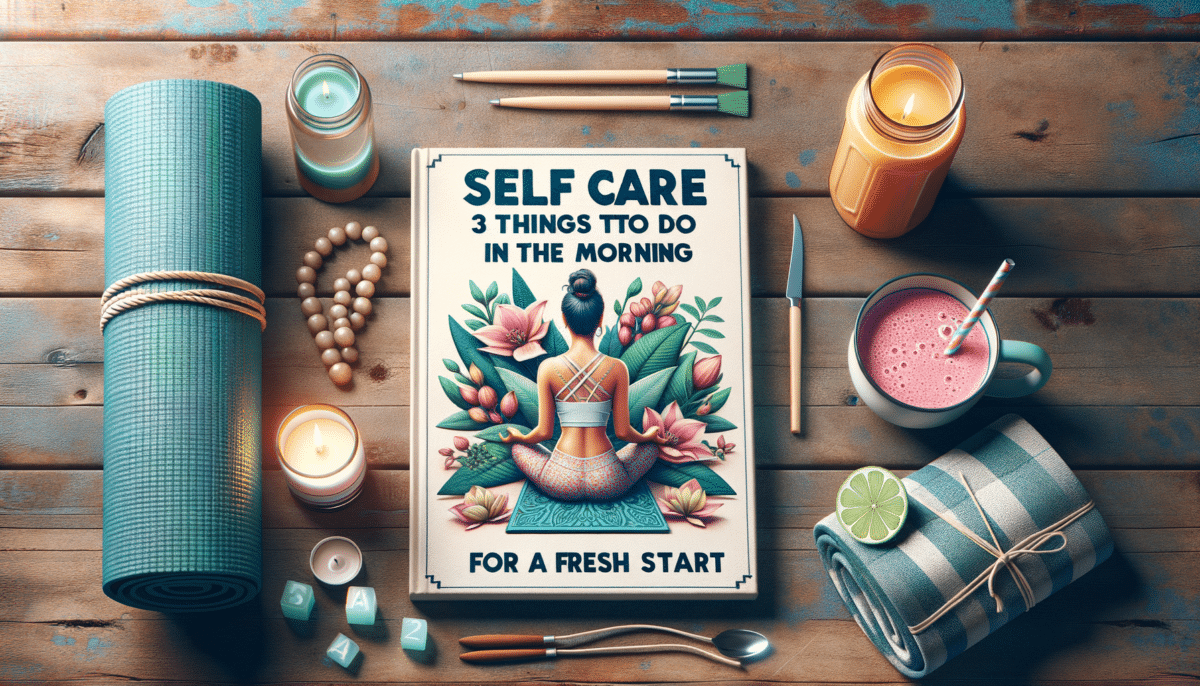Understanding Self-Care
Self-care is a multifaceted concept that encompasses activities and practices individuals engage in regularly to maintain and enhance their health and well-being. It is not just about pampering oneself but involves a proactive approach to managing stress, improving mental health, and fostering a balanced lifestyle. The importance of self-care has gained significant attention in recent years, as people increasingly recognize the impact of daily habits on long-term health.
Engaging in self-care can lead to numerous benefits, including improved physical health, enhanced mental clarity, and increased emotional resilience. It involves a conscious effort to prioritize one’s needs, which can be challenging in a fast-paced world where demands often outweigh personal time. However, incorporating self-care into daily routines is essential for maintaining a healthy work-life balance and preventing burnout.
Examples of self-care activities include regular exercise, a balanced diet, sufficient sleep, and mindfulness practices. These activities contribute to overall well-being by reducing stress levels and promoting a positive outlook on life. In essence, self-care is about making time for oneself and recognizing the importance of nurturing both the body and mind.
Morning Routine: A Fresh Start
Starting the day with a structured morning routine can significantly impact one’s mood and productivity. A well-planned morning routine sets the tone for the rest of the day, providing a sense of control and preparedness. It allows individuals to focus on their priorities, reducing the chaos that often accompanies a rushed start.
One effective morning routine might include:
- Waking up at a consistent time to regulate the body’s internal clock.
- Engaging in light physical activity, such as stretching or yoga, to boost energy levels.
- Practicing mindfulness or meditation to center the mind and reduce stress.
These activities not only prepare the body and mind for the day ahead but also foster a sense of accomplishment and calm. By dedicating time to self-care in the morning, individuals can enhance their focus and productivity throughout the day.
Physical Self-Care: Nourishing the Body
Physical self-care involves taking steps to maintain and improve physical health. This aspect of self-care is crucial, as physical well-being directly influences mental and emotional health. Engaging in regular exercise, eating a balanced diet, and ensuring adequate sleep are foundational components of physical self-care.
Exercise, for instance, releases endorphins, which are natural mood enhancers. It also helps in maintaining a healthy weight, improving cardiovascular health, and increasing energy levels. A balanced diet provides the necessary nutrients for optimal body function, while sufficient sleep allows the body to repair and rejuvenate.
Incorporating these practices into daily life can be challenging, but the benefits are substantial. For example, a study published in the Journal of Health Psychology found that regular physical activity is associated with lower levels of stress and anxiety. By prioritizing physical self-care, individuals can improve their overall quality of life and reduce the risk of chronic illnesses.
Mental Self-Care: Cultivating a Healthy Mind
Mental self-care focuses on nurturing the mind and maintaining mental health. This involves engaging in activities that promote cognitive function, reduce stress, and enhance emotional well-being. Mental self-care can take many forms, such as reading, journaling, or engaging in creative pursuits.
Mindfulness practices, such as meditation and deep-breathing exercises, are particularly effective in promoting mental clarity and reducing stress. These practices encourage individuals to focus on the present moment, helping to alleviate anxiety and improve concentration.
Additionally, setting boundaries and managing time effectively are crucial components of mental self-care. By learning to say no and prioritizing tasks, individuals can reduce overwhelm and maintain a healthy balance between work and personal life. Ultimately, mental self-care is about creating a supportive environment that fosters growth and resilience.
Emotional Self-Care: Fostering Emotional Resilience
Emotional self-care involves recognizing and honoring one’s emotions, as well as developing strategies to manage them effectively. This aspect of self-care is essential for building emotional resilience and maintaining healthy relationships.
One effective way to practice emotional self-care is through self-reflection. Taking time to assess one’s feelings and reactions can provide valuable insights into emotional triggers and patterns. This awareness allows individuals to develop healthier coping mechanisms and respond to challenges more effectively.
Additionally, cultivating a strong support network is vital for emotional well-being. Surrounding oneself with positive, supportive individuals can provide encouragement and perspective during difficult times. Engaging in activities that bring joy and fulfillment, such as hobbies or volunteering, also contributes to emotional self-care by fostering a sense of purpose and connection.
